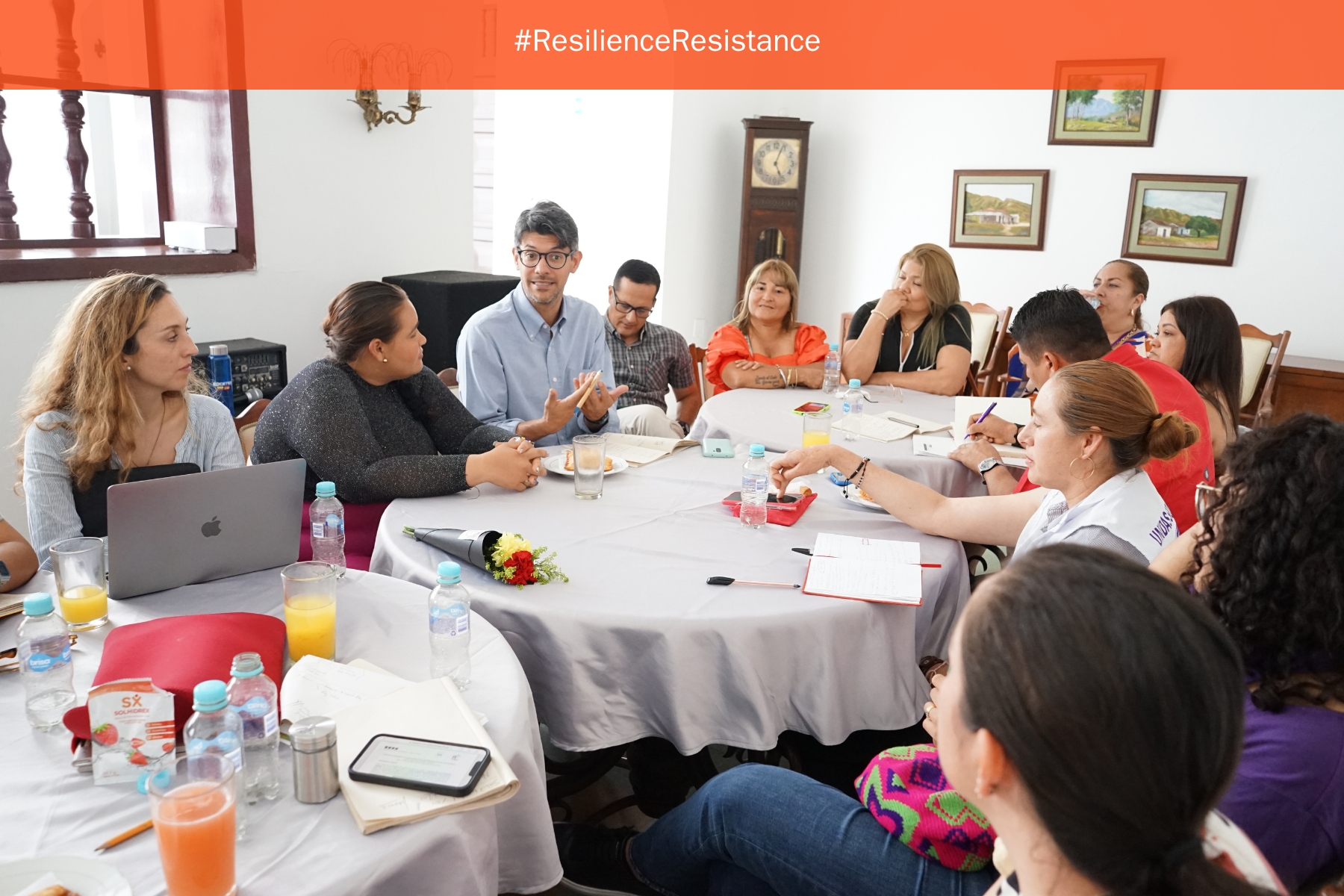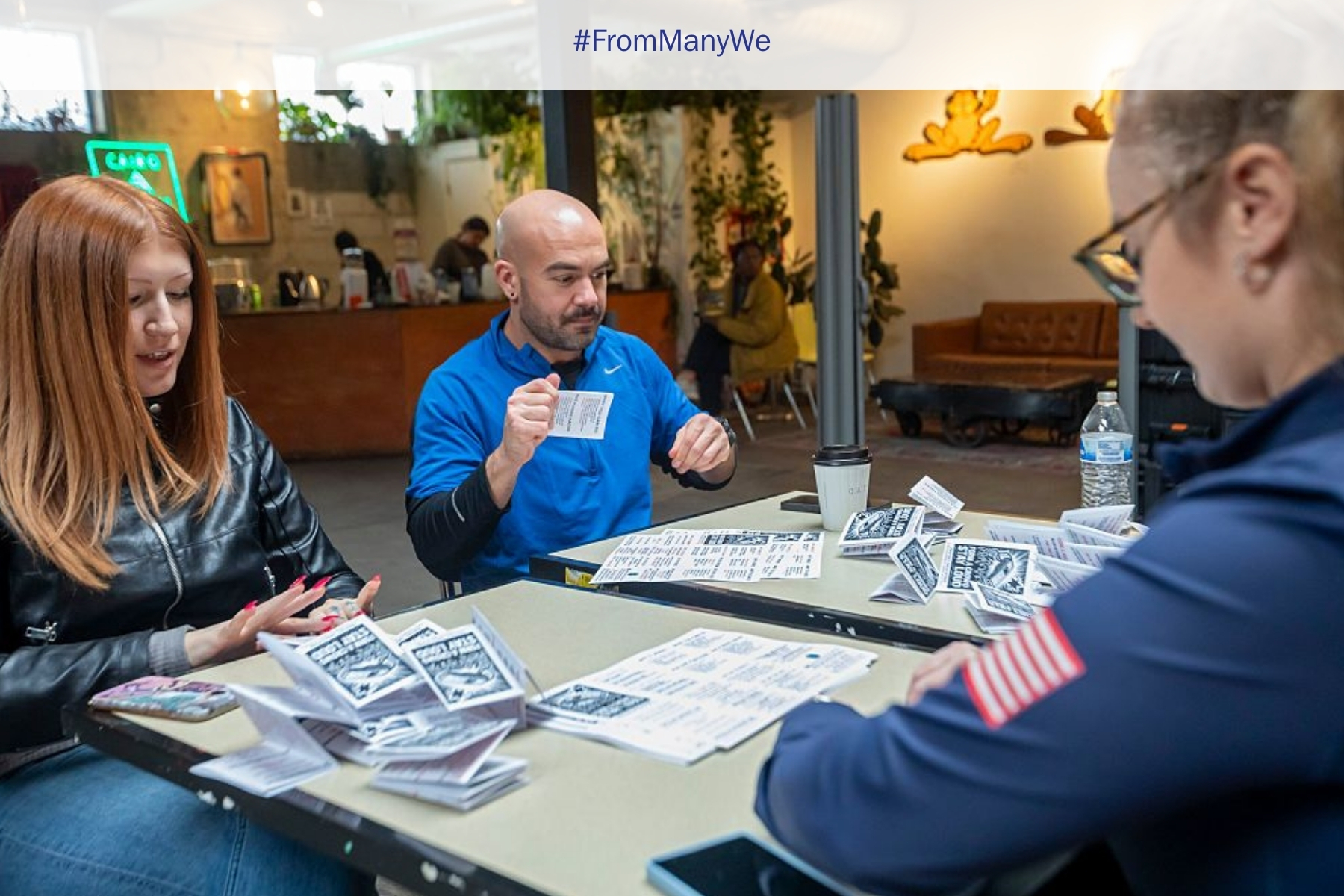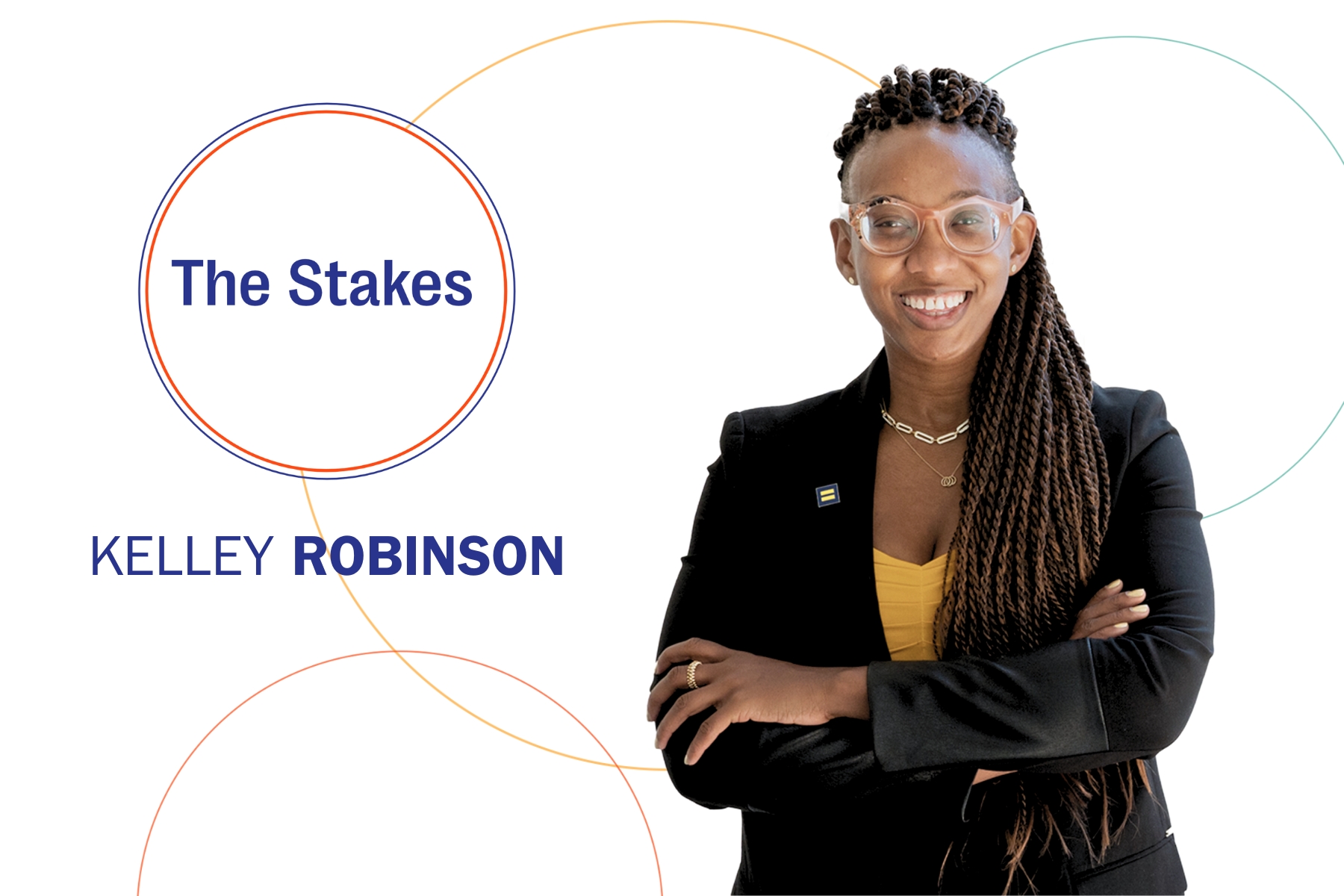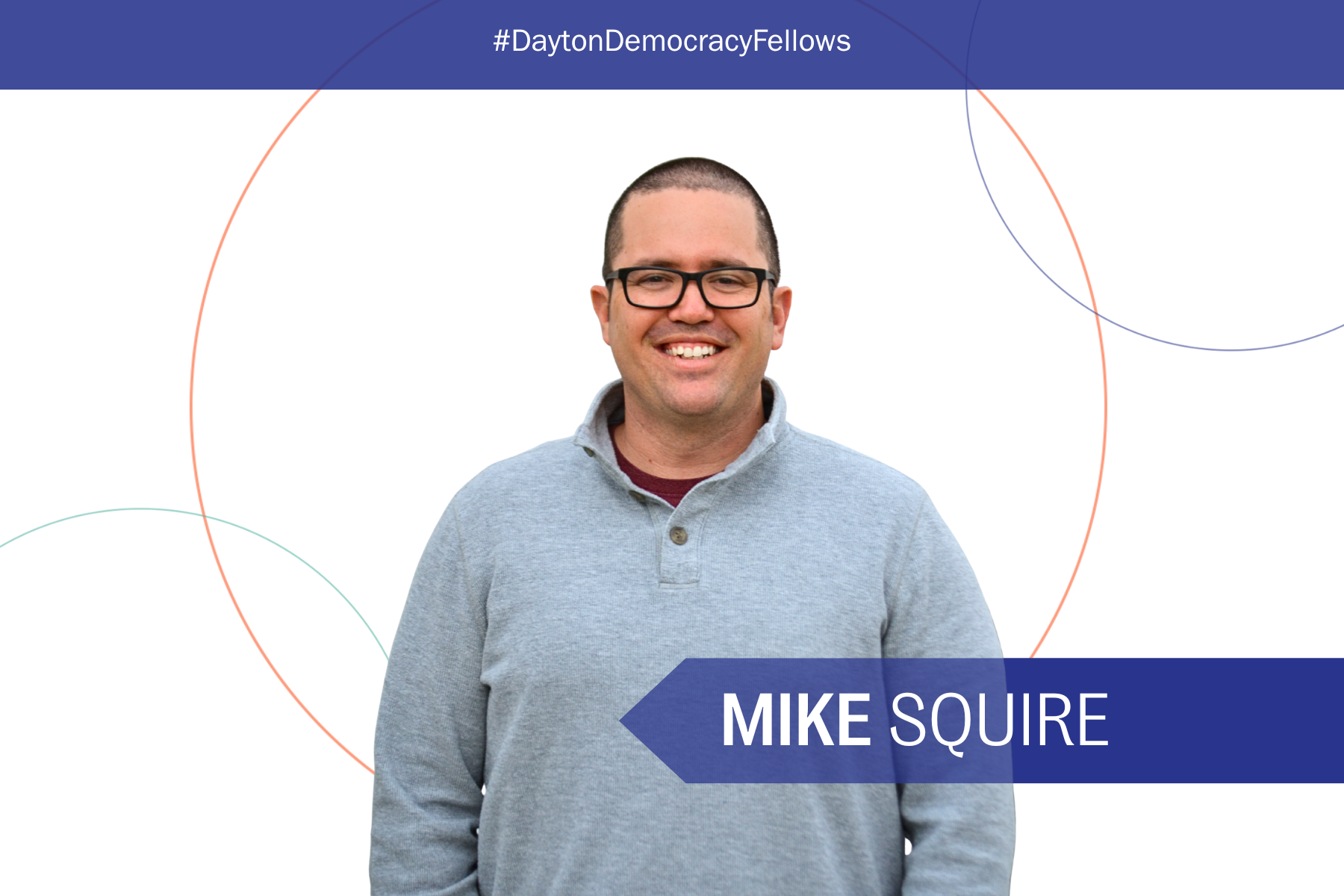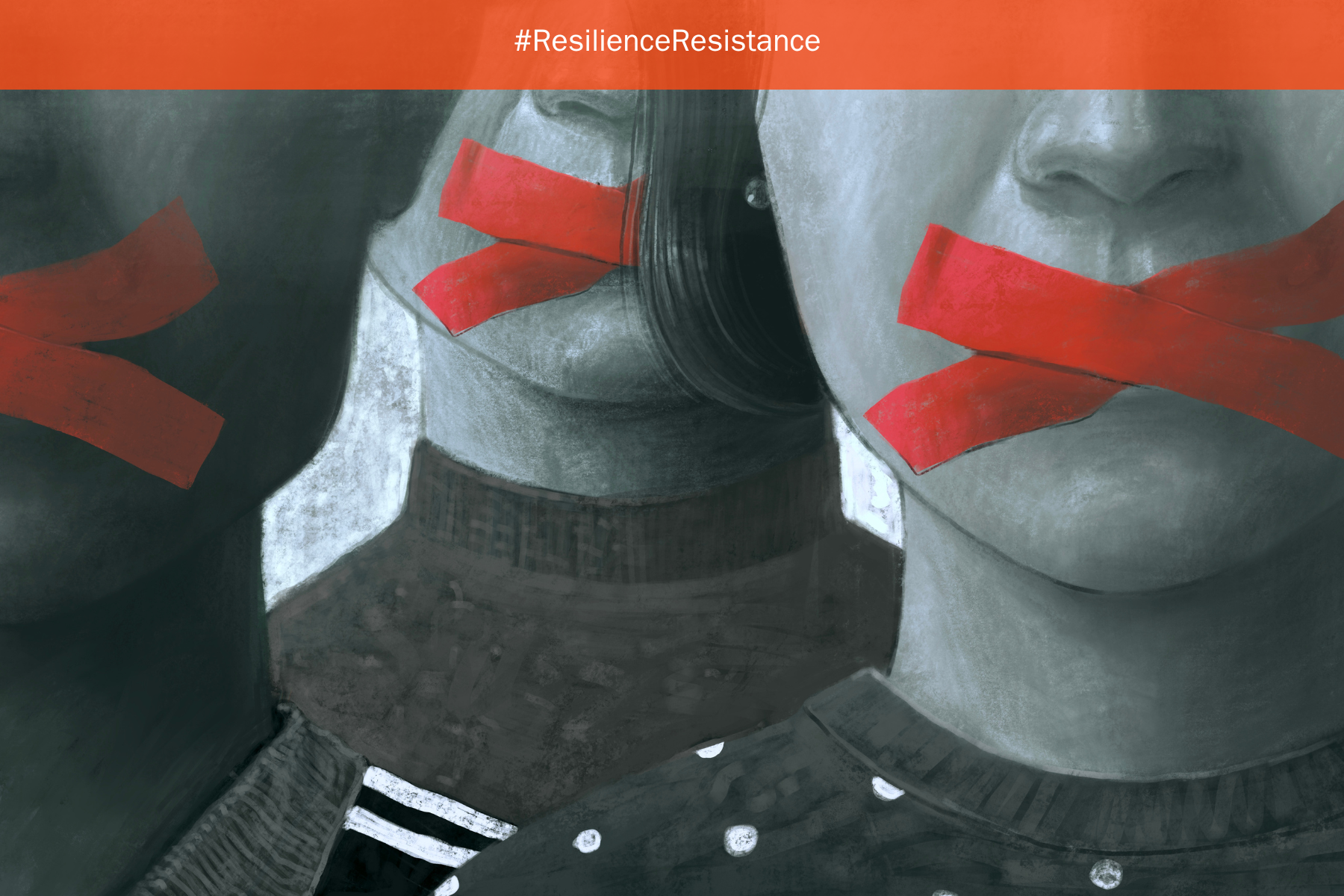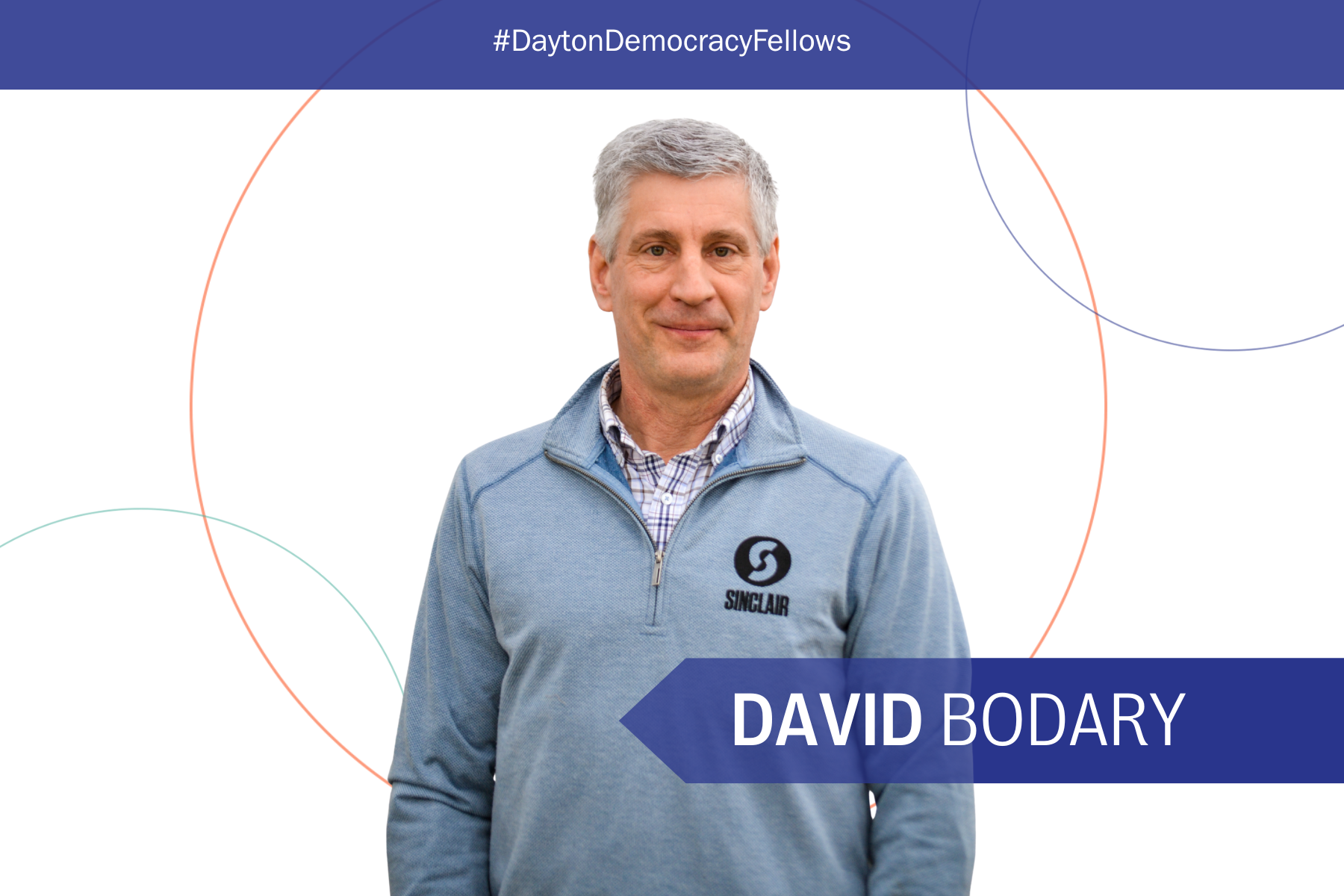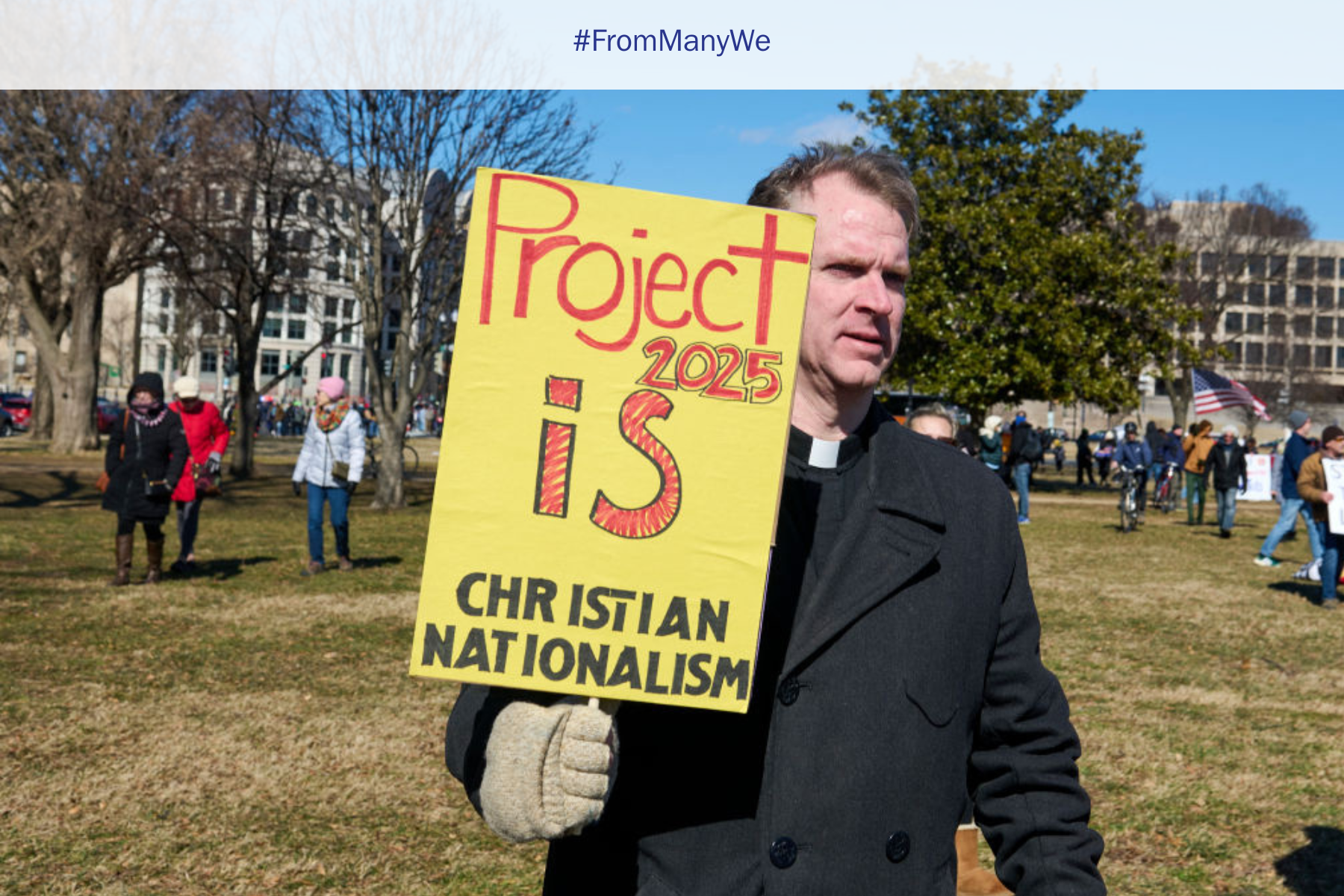Inaugural Kettering Democracy Prize Ceremony Honors Alexei Navalny and Judith Browne Dianis
The Charles F. Kettering Foundation established the Kettering Democracy Prize to honor those whose extraordinary courage and commitment in the fight for democracy are a guiding light and inspiration for people around the world. The inaugural award was given to the late Russian opposition leader Alexei Navalny and to American lawyer and civil rights icon Judith Browne Dianis at a ceremony at the Rubell Museum in Washington, DC, on November 18, 2025.
Introducing the prize and its winners, Kettering Foundation President and CEO Sharon L. Davies noted that, “This year all of us have learned about what it feels like to live in fear of one’s own government and . . . how easy it is in such times to actually get small, to try to avoid attracting attention.” She continued, “The threats facing our democracy have not ended, but neither has courage. And those putting democracy in peril have been forced to see that courage can be contagious.”
Earlier generations of abolitionists, suffragists, and civil rights activists fought for rights they did not yet have but that we now enjoy, Davies said. “Every one of us stand where we stand in our country today because of the courageous work of others from our past, and we carry a debt that we’ll never be able to repay them. But here’s what we can do. We can remember their examples. We can celebrate those from our own lifetime as we do tonight. Those who bravely walk in the footsteps of past heroes, and we can summon our own courage to pick up where they left off.”
Alexei Navalny
Judith Browne Dianis
The Kettering Democracy Prize: Honoring Courage and Commitment to Democracy
Laureate Alexei Navalny, Accepted by His Widow Yulia Navalnaya
Laureate Alexei Navalny, who died in February 2024, allegedly at the order of the Kremlin, was an international symbol of courage who ceaselessly championed democracy and challenged Russian President Vladimir Putin’s authoritarian rule.
Ruth Ben-Ghiat, noted expert on autocracies and author of Strongmen: Mussolini to the Present, introduced Navalny’s work. “One of the primary rules of resistance is to use every space and tool at your disposal. . . . Even when the worst happens, and a resistance leader is killed, their memory lives on, as do their values, the traditions they create, and the information they have uncovered.”
Navalny was a lawyer, organizer, opposition politician, and anti-corruption activist whose activities, Ben-Ghiat noted, encompassed almost every form of nonviolent resistance. “Navalny helped people to see a future for themselves in Russia and ways of taking action that they had not imagined,” she said.
Yulia Navalnaya accepted the prize in person on her husband’s behalf. A human rights activist who has taken up her husband’s mantle as opposition leader and now faces arrest herself if she returns to Russia, she announced that the full amount of the Kettering Democracy Prize will be used to start the Navalny Foundation, which will be dedicated to preserving Navalny’s memory and continuing his mission. “One of the most important missions for Alexei was involving the citizens of our country in politics and raising the level of political participation. . . . What Putin considers a crime was the work of Alexei’s life. Therefore, the Navalny Foundation will support various initiatives aimed at increasing civic participation in politics.”
Ben-Ghiat asked Navalnaya what she thought made her husband so effective as a leader in opposing Putin. Navalnaya explained that he was just a normal person and that people could sense that. “People who saw him, they just felt that they could do it because he’s like them.”
Laureate Judith Browne Dianis
Laureate Judith Browne Dianis, who cofounded and led the Advancement Project from 1999 until her retirement in October, worked to thwart voter suppression, prevented the closure of polling locations, and fought cuts to early voting.
Melissa Murray, Frederick I. and Grace Stokes Professor of Law at New York University and cohost of the podcast Strict Scrutiny, introduced Dianis. “Judith’s work recalls that of Alexei Navalny, who . . . inspired people to imagine a different future for themselves.” She continued, “I can’t think of a better way to describe the work that Judith has done in education, in policing, and in voting rights than to think about the ways in which she has helped those who have been marginalized and disenfranchised imagine and hope for a different future for themselves in this messy and imperfect democracy.”
In her acceptance, Browne Dianis reflected, “Democracy in the United States has never been perfect. In fact, many would say it is far from being a true democracy because it is a democracy for some, not all.” Despite this, she said, “The people who’ve been excluded have believed. We have believed in We the People. . . . They, and I, have a righteous, unwavering belief in this democracy.”
Murray asked her what people can do in this time when it seems that we are moving backward instead of forward. “We need more people just being there,” Browne Dianis said. At the state and local level, there are opportunities to be involved and to hold elections officials accountable. “The watchers, the monitors, the people who are going out and going to those election board meetings. . . . We have to be the watchdogs for democracy right now.”
About the Kettering Democracy Prize
The Kettering Democracy Prize honors and elevates the work of an individual or group that has gone beyond the ordinary to champion and defend inclusive democracy. Nominations for the prize came from leaders from across the political spectrum and were evaluated by an independent panel of experts. The winners were selected from the top finalists by the Charles F. Kettering Foundation’s board of directors. The winner receives $100,000 and a commemorative medal.

